To Be Yourself In A World That Is Constantly Trying To Make You Something Else Is The Greatest Accomplishment.
To be yourself in a world that is constantly trying to make you something else is the greatest accomplishment.
Ralph Waldo Emerson (via purplebuddhaproject)
More Posts from Black-white-plus-the-in-bet-blog and Others

Need to focus on this!

https://www.instagram.com/pbuddhaproject/
If only all mothers were as excepting...
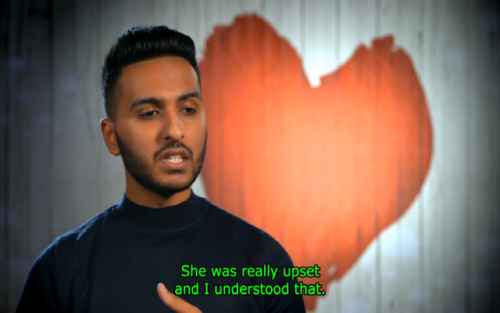
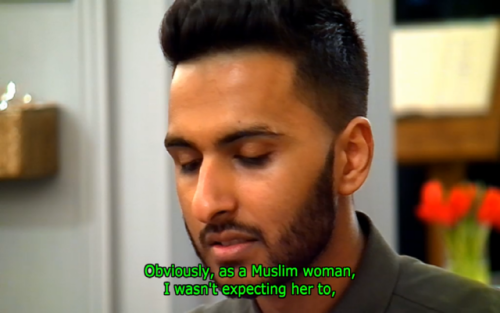
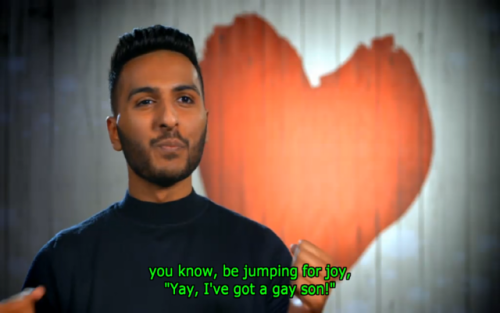
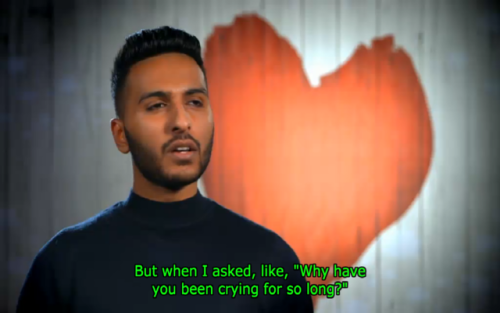
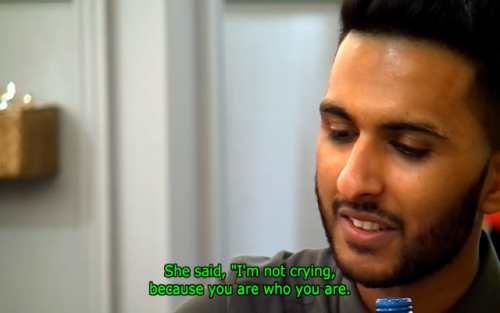
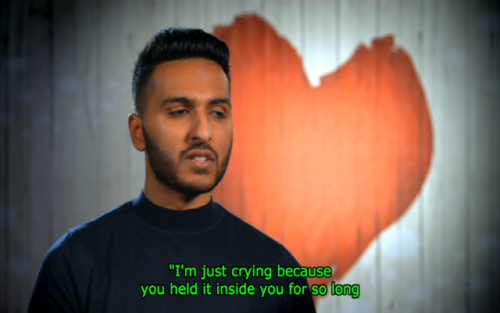
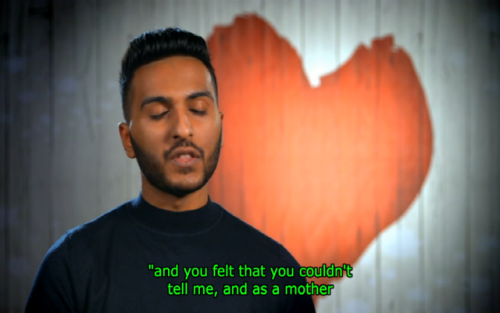
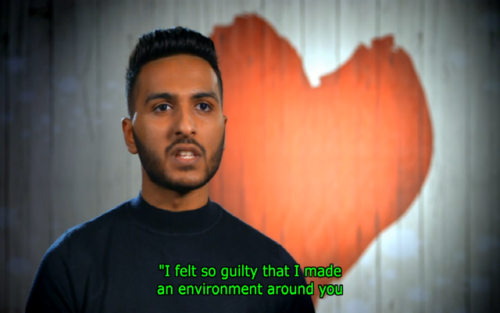
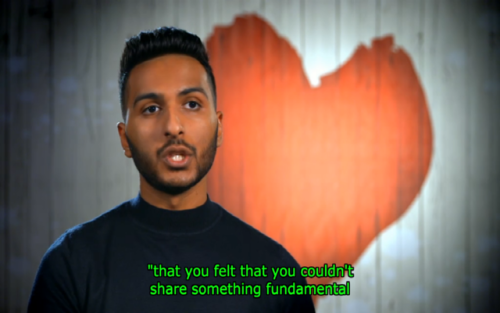
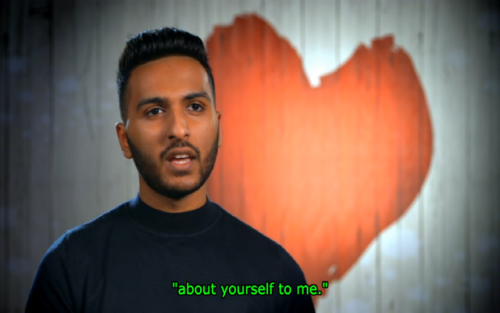
World...Life...PEOPLE!!!

On failings and emotionally inappropriate reactions
Resume and eulogy virtues
I’ve lately been receiving some sincere and kind words from people. It’s good; I’m human; I enjoy it - everyone wants to be loved, and to be lovely. But from some messages I’ve received, I also gather that some people have an overly idealised view of me. To prevent these false beliefs, I feel compelled to be honest and to say that I’m really not as good as these kind people think I am.
David Brooks distinguishes between resume and eulogy virtues. Resume virtues are the ones which help you on the market, like having a university degree. Eulogy virtues are the ones people will talk about at your funeral, such as being kind and helpful. Both are important, and he argues that eulogy virtues are neglected.
My internal narrative is one of triumph over adversity, and this is likely what is conveyed over my posts. But, taking the outside view, much of my life has consisted of me not succeeding - or put more bluntly, failing - at both resume and eulogy virtues. (Orwell anticipated the reverse of kind of mindset much earlier, saying “every life viewed from the inside would be a series of defeats too humiliating and disgraceful to contemplate.” Also see Murakami: “Humans, however, can’t live very long without some sense of a continuing story.”)
Ishida Sui wrote that the reason why creators keep returning to the same themes in their work is often not because they are especially skilled in working with these themes, but because they have a complex towards these themes which makes them keep returning to them. This rings true for me.
A Jewish saying which I cannot now find goes something like: “Someone who can write a book but does not is like one who has lost a child.” I write because I must; because these issues keep returning to me; because if I did not it would be as if I had lost something of great value. It would be ironic if I wrote so much about these issues because of my lack of goodness, but then people thought I was a good person because of these writings.
Of course, I dislike such simplistic divisions of “good” and “bad” - I merely use them here for convenience. As the Wilcox poem puts it:
There are two kinds of people on earth today, Two kinds of people, no more I say.
Not the good or the bad, for it’s well understood, The good are half bad, and the bad are half good.
Minor failings, emotional heartlessness and love in a time of ease
Here are some of my more minor failings. I tend to take things literally. A friend in a restaurant once made a comment about how “the olive oil here is heavily watered down.” I spent a good twenty seconds out of the conversation mentally wondering how you could water down oil until I realised he meant that it was dilute and tasteless.
Another failing: I’m said to be overly formal sometimes. I once ended a friendly conversation by saying, “Do you have any further questions?” My interlocutor looked at me oddly and said, “This isn’t an interview, you know.”
But one of my more major failings can be illustrated by two anecdotes. The first: I was asking a friend how he became so mature. Shifting out of home, he said. But also, traumatic life experiences. I’m serious! Those tend to make you into an adult.
And at that moment, I thought to myself - That’s unfair! I’ve had a few bad life experiences, but they’ve hobbled me rather than helped me.
A second anecdote. At the end of a relationship, I was talking to my ex for the final time. It was a few days after the relationship ended, and we were saying our final pieces, returning items, and the like. She said her piece. I said mine. She had no reaction.
I had a final piece of news. I would be leaving soon for my grandmother’s funeral: she had just passed on after a long illness. At that point, my ex started crying. And at the back of my mind, I thought to myself - You show sadness over that, but not over our relationship ending? And on some level, I was unjustifiably annoyed.
I think that both of these anecdotes show a large failing on my part: a lack of emotional appropriateness, a kind of inner heartlessness, a concern for myself when I should have been caring for others. Death is far bigger than a relationship ending, and my priorities were wrong.
There are times when I feel a great love for the world. Love is a tricky concept, so I define it operationally as a sense of care and concern for the welfare of others, along with taking action towards this. (Talk is cheap.) Love thus comes in degrees.
This feeling of love towards others might make me seem to be a good person, but it’s easy to have this feeling towards others when your life is comfortable and you are lucky. As Winston Smith puts it in Orwell’s 1984, “In the face of pain there are no heroes.” Civilisation is just three square meals away from anarchy; it’s easy to be good when others are good.
I have the luxury to be loving when life is easy, but that does not make me a good person - what is difficult is to be loving when life is hard. (A related sentiment is expressed in Endo’s Silence: “It is easy enough to die for the good and beautiful; the hard thing is to die for the miserable and corrupt …”) The two anecdotes show that I still have heartlessness within me.
Perfection and its discontents
I might seem to be painting a bleak picture of my life, but things really aren’t that bad. I’m very sympathetic to the stoics, so I try to concern myself only with what I can control.
I try to be better - but this may backfire. In Randy Paterson’s book How to be Miserable (full of advice on how to be miserable, written with humour and the opposite path in mind), he points out in the final chapter that to be sad, you must keep trying to improve. Never think you’re good enough; in fact, the one question you must never ask yourself is “What would I do if I were already good enough?” To be miserable, you must keep preparing for life rather than living.
Paterson’s point is that there is a constant judge at the back of your mind, and if you keep trying to improve yourself, eventually you will conclude that you really must be lacking in some way. Instead, do what you would do if you were already good enough.
(Other people have also made this observation that your mind has an inner observer observing itself; a friend mentioned that Eckhart Tolle uses this for some mystical argument about the self, but I am unsure of the details.)
There is a danger in trying to be perfect. Analysis paralysis looms - and more ominously, the prospect of believing that you’re perfect when you’re not. Examples of the shining vision abound: Augustine’s City of God, the Jewish idea of tikkun olam, endless utopias. But examples of their perversion also abound in various forms of in-group bias, fundamentalism and violence.
Perhaps the best example of the danger of false perfection (and I think any perfection must always be false) comes from Murakami’s Underground. At the end of his book, he talks about the high ideals of Aum Shinrikyo, and how it attracted well-educated and well-meaning people.
His analysis is that these ideals were unrealistic, and following them in part led to the monstrous attacks on the Tokyo underground. And he talks about the danger of trying to exclude disappointments from your model of reality:
Reality is created out of confusion and contradiction, and if you exclude those elements, you’re no longer talking about reality. You might think that—by following language and a logic that appears consistent—you’re able to exclude that aspect of reality, but it will always be lying in wait for you, ready to take its revenge… The sad fact is that language and logic cut off from reality have a far greater power than the language and logic of reality
Perhaps Philip K. Dick put it best, in The Divine Invasion: Disappointments are the stamp of reality.
Happiness is a perfume you cannot pour on others without getting a few drops on yourself.
Ralph Waldo Emerson (via movemequotes)
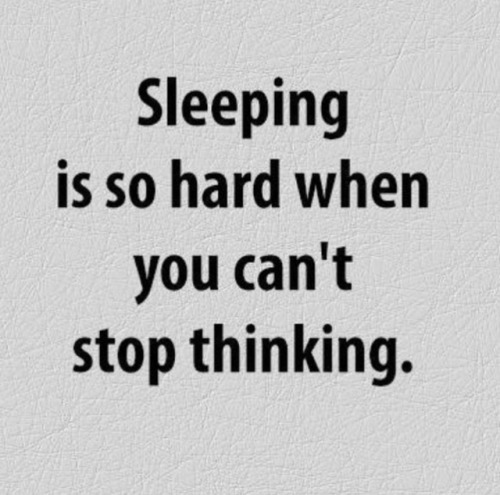

You will not find a single blade of grass that does not have its own angel that bends over it and whispers, “Grow, grow.” - The Talmud If you’re like most people I know, your daily energy is typically outwardly directled. Splayed out in all directions, you give and give and give… to friends, to family, to employers… your faculties are focused on others’ issues, rather than your own. The belief that it is would be possible to fix the world, without first fixing ourselves, would be called “avidya” (veiled perceptions and a lack of Truth in knowledge), according to the Yoga Sutras If you’re on an airplane and something goes wrong, they tell you to put your air mask on first, and then go to help someone else with theirs. In life, it’s the same. First, you find your air, your sustenance, your light… And then you share it with others. The reality is, when we are happy we spread happiness, and when we are in pain we spread suffering. So make sure you’re filled with the right stuff, before you bestow your energy and assistance to others As we let go of our own sufferings, we replace it with solace… distress with delight… listlessness with laughter… melancholy with movement… and pain with promise. And with each step towards a light filled existence, we radiate possibility and transformation. Essentially, we become the same inspirational force that first inspired us. So, when we let go of our own sufferings, we participate in the rescue and liberation of all living being Find your Core, and live your Truth #lightup #thoughts #perspective by hotyogajason https://instagram.com/p/8LgB3NntTq/ Do you have any bitcoins yet? It’s what all money will be in the future (and already is right now). Buy some on Coinbase! https://www.coinbase.com/join/jermil
#MondayMotivation
12 Powerful Affirmations To Use Daily
Affirmations are a great way to prime our minds for success, repeating positive affirmations daily can have a profound effect on the way we see ourselves and the world around us. Starting the day with positive affirmations can help us to set the tone for anything we want to achieve thereafter.
1. I am worthy of what I seek.
2. I am capable of greatness.
3. I am good enough.
4. I am worthy of love.
5. I am grateful to be alive today.

6. I can have anything I desire.
7. I am worthy of a loving relationship.
8. I see myself with unconditional positive regard.
9. I am in the process of manifesting my dream life.
10. I attract others of a similar vibrational nature to me.
11. I refuse to settle for anything less than my true worth.
12. I am grateful for the people I surround myself with.
Use affirmations to prime the brain for success.
Peace & positive vibes.

https://www.instagram.com/pbuddhaproject/
-
 user38834513162 liked this · 7 months ago
user38834513162 liked this · 7 months ago -
 bookshelfbrunette reblogged this · 7 months ago
bookshelfbrunette reblogged this · 7 months ago -
 borderlandsappreciationmonth liked this · 2 years ago
borderlandsappreciationmonth liked this · 2 years ago -
 jayeexact reblogged this · 5 years ago
jayeexact reblogged this · 5 years ago -
 ickbin liked this · 5 years ago
ickbin liked this · 5 years ago -
 maddiejacksonn reblogged this · 6 years ago
maddiejacksonn reblogged this · 6 years ago -
 lilpeiwei1738 liked this · 6 years ago
lilpeiwei1738 liked this · 6 years ago -
 premenstrual reblogged this · 6 years ago
premenstrual reblogged this · 6 years ago -
 exploraexplora reblogged this · 6 years ago
exploraexplora reblogged this · 6 years ago -
 brittneyr0se liked this · 6 years ago
brittneyr0se liked this · 6 years ago -
 im-a-fallen-angel-born-to-die reblogged this · 6 years ago
im-a-fallen-angel-born-to-die reblogged this · 6 years ago -
 im-a-fallen-angel-born-to-die liked this · 6 years ago
im-a-fallen-angel-born-to-die liked this · 6 years ago -
 idontfeelthosekindofthings liked this · 6 years ago
idontfeelthosekindofthings liked this · 6 years ago -
 stahppppppppppppppppppp liked this · 7 years ago
stahppppppppppppppppppp liked this · 7 years ago -
 monkeysjunkie liked this · 7 years ago
monkeysjunkie liked this · 7 years ago -
 ainomun liked this · 7 years ago
ainomun liked this · 7 years ago -
 universaldisaster reblogged this · 7 years ago
universaldisaster reblogged this · 7 years ago -
 adimancipangwaren liked this · 7 years ago
adimancipangwaren liked this · 7 years ago -
 seven07knives liked this · 7 years ago
seven07knives liked this · 7 years ago -
 lovendrevolt liked this · 7 years ago
lovendrevolt liked this · 7 years ago -
 allisondr11 reblogged this · 8 years ago
allisondr11 reblogged this · 8 years ago -
 clearmoonhalo reblogged this · 8 years ago
clearmoonhalo reblogged this · 8 years ago -
 bitemejolie reblogged this · 8 years ago
bitemejolie reblogged this · 8 years ago
“So you find yourself surrounded by death and horror in the world, and you escape it into lust. But lust has no duration; it leaves you again in the desert.” Hermann Hesse
274 posts